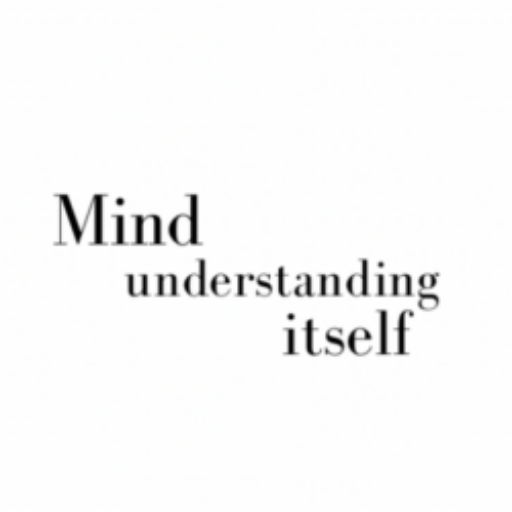“I Will Never Be Able to Lose Weight…”
Many of us want to lose weight from time to time, but when the process does not go as expected, we become frustrated and start believing that we will fail. Focusing on this thought rather than our goal often makes the process more difficult than it already is.
Let’s see how someone who thinks, “I will never lose weight,” can examine their thought using cognitive behavioral therapy (CBT) techniques.
Is This Thought True?
Supporting Evidence:
Despite paying attention to my diet for a month, the number on the scale has changed only slightly.
I haven’t followed my diet plan perfectly. Some days, I ate foods that were not in my diet plan.
Evidence Against:
There have been times when I successfully lost weight before. I remember feeling hopeless at the beginning back then.
Even if slightly, my weight has decreased. This shows that change is possible, even if it’s difficult.
I have made positive changes in my diet and am trying to be more active. Even if I don’t see much difference on the scale, I feel more energetic.
The fact that I haven’t gained weight during this period means I am doing something right.
Even though I feel like I haven’t made enough progress, there are still positive changes. So why am I only focusing on the number on the scale?
Am I focusing only on the outcome instead of appreciating my effort?
If a close friend told me, “I will never be able to lose weight,” I would remind her that weight loss is already challenging and slow progress is still progress. I would tell her that making such a change takes courage, and she is brave.
What Would the Worst and Perfect Scenarios Look Like?
Worst-case scenario: Gaining weight instead of losing it.
Perfect scenario: Losing weight quickly and effortlessly without any setbacks.
Realistic scenario: Experiencing progress stagnation and setbacks.
What Does This Thought Say About My Values and Desires?
I want to lose weight.
I tend to associate success with results rather than my effort.
Which Cognitive Distortions Might Be Present Here?
Black-and-white thinking: I assume that everything must go perfectly as expected.
Selective attention: I ignore my effort, the changes I’ve made, and the weight I’ve lost (even if it’s small) and focus only on the fact that I haven’t reached my goal yet.
Emotional reasoning: Since I feel frustrated, I assume I am failing.
How Is This Belief helping Me?
It can protect me from the disappointment of failure.
My brain wants to maintain my old habits because change is difficult.
What Is the Worst That Could Happen If I Stop Believing This Thought?
I might think, “I can lose weight anyway,” and stop paying attention to my diet.
How Do I Feel and Act When I Believe “I Will Never Lose Weight”?
I feel frustrated and hopeless.
I feel like I don’t have control over my weight loss. No matter what I do, it won’t work.
I lose motivation to develop better habits.
I don’t want to try harder because I assume it won’t work anyway.
In summary, I fear that if I stop believing “I will never lose weight,” I will stop paying attention to my diet. However, when I do believe this thought, my motivation drops, and I neglect my diet anyway.
How Can I Help Myself?
I may believe that thinking “I will never lose weight” prepares me for failure or prevents me from returning to my old habits. However, this does not seem to be working.
Reaching my goal weight might take longer than I want it to. It requires changing many of my habits. I accept that this is really difficult. However, believing that “I will never lose weight” only makes it harder.
Expecting immediate or perfect results is unrealistic, and it would be unfair to myself to have such high expectations.
Instead of focusing only on whether I have reached my goal, I can thank myself for trying, even though this is very challenging.
I will sometimes feel frustrated and hopeless during this process.
Feeling frustrated does not mean things are going badly.
Rather than focusing on something I cannot possibly predict, such as what will happen in the future, I will focus on my own effort, which is something I can control.
The automatic thought examined here was chosen based on common thoughts people experience. If you would like to share an automatic thought or a maladaptive assumption you would like to work on, feel free to write to me through the contact section or in the comment section below.
See you in the next post.
Best,
Aysegul
Here are some more related topics:
How to Challenge Automatic Thoughts in CBT
How to Challenge Maladaptive Assumptions in CBT







